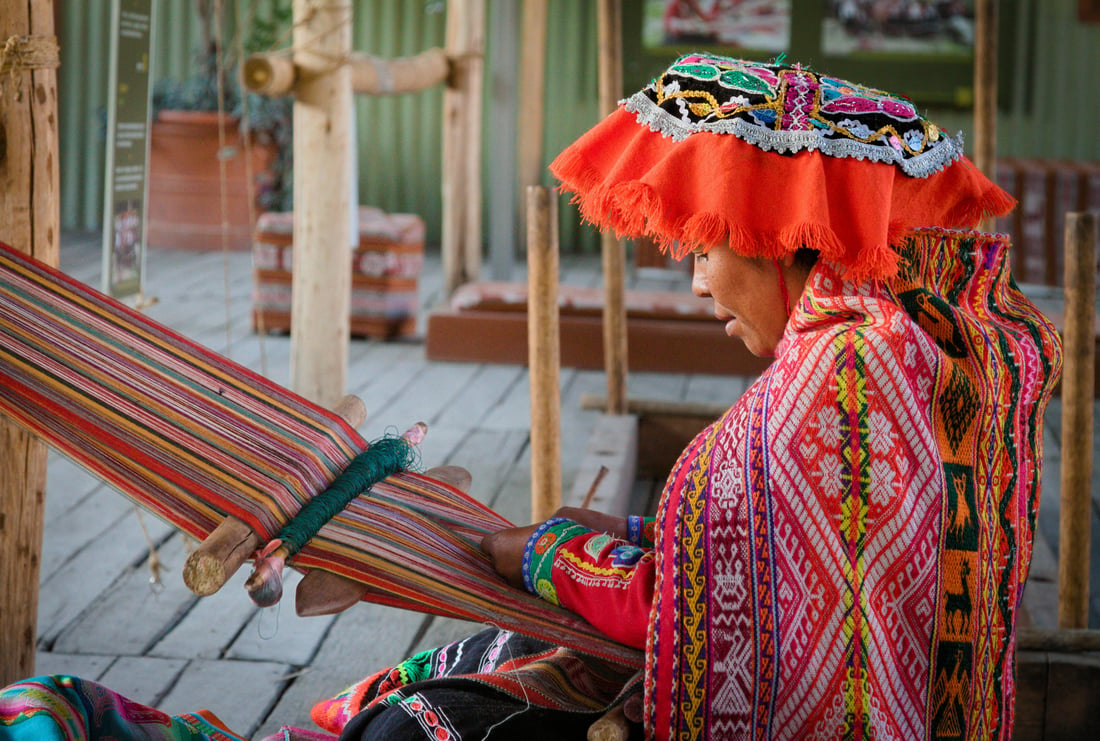Understanding textile exchange certified companies
Textile Exchange is a global non-profit organization that offers sustainability standards, tools, and certifications to textile industry players. They work alongside companies that produce textiles and apparel to improve environmental, social, and economic outcomes in the production chain. Textile Exchange's certifications guarantee minimum social and environmental requirements that align with the United Nations' Sustainable Development Goals (UNSDGs). This article will guide you through everything you need to know about Textile Exchange certified companies.
The Benefits of Certifying Companies
Certifying companies with Textile Exchange standards improves transparency and accountability regarding environmental and social issues. Companies that have achieved certification indicate their commitment to sustainability practices to support their environmental and social impact. Certified companies can also access innovative and eco-friendly practices, which are crucial to meeting consumer demands for environmentally and socially responsible products. Compliance with Textile Exchange standards attracts more responsible investors and opens new opportunities for businesses to compete in the marketplace.
Textile Exchange Certification Levels
Textile Exchange offers multiple levels of certifications, including Content Claim Standards (CCS), Recycled Claim Standards (RCS), Global Recycle Standard (GRS), Organic Content Standard (OCS), and Responsible Wool Standard (RWS). CCS certification confirms the accurate labelling of a product, while RCS certification verifies the recycled content of a product. GRS certification applies to products made entirely of recycled materials. OCS confirms the presence and percentage of organic material in a product, while RWS ensures the responsible treatment of sheep in wool production. Companies looking to achieve certification against these standards must meet specific requirements outlined by Textile Exchange and pass rigorous audits conducted by third-party assessors.
Companies That Hold Textile Exchange certification
There are many renowned companies that hold Textile Exchange certifications. Patagonia, a leading outdoor apparel brand, holds the Textile Exchange Standard for Responsible Wool. Another notable brand, Stella McCartney, holds GRS certification, demonstrating their commitment to eco-friendly material use. Organic cotton products giant Coyuchi is OCS certified, indicating their use of organic cotton in their products. Other notable certified companies include Prana, MEC, and Outerknown.
How to Identify Textile Exchange Certified Companies
Purchasing products from responsible companies is essential, but identifying them can be challenging. Textile Exchange publishes a list of companies that hold certifications on their website. Alternatively, consumers can look out for certification labels on products that indicate the product is certified against one of Textile Exchange's standards. This ensures that the company adheres to specific environmental and social production standards.
Why Certify with Textile Exchange
Textile Exchange certifications are vital due to the numerous benefits they offer to companies. Textile Exchange is the largest NGO in the textile industry, supporting and assisting companies to ensure that the entire production process meets eco-friendly and socially responsible requirements. Certification also guarantees supply chain transparency, improving the company's reputation with responsible consumers. By certifying with Textile Exchange, companies promote sustainable environmental and social practices and enhance the industry's sustainability standards.
The Process of Certification
Certification for Textile Exchange standards is a rigorous process that must be conducted by third-party assessors. This includes an audit of the company's production and business processes, from material sourcing to product disposal. The certification process ensures that companies meet the minimum environmental and social requirements that align with the UNSDGs and Textile Exchange's standards. Companies that do not meet the requirements have deficiencies listed, and they must improve their practices to obtain certification.
Textile Exchange Certification and the Environment
The fashion industry is one of the most environmentally damaging industries in the world. Textile Exchange's certifications provide a path to making the industry more eco-friendly and sustainable. By holding Textile Exchange certifications, companies reduce their overall carbon footprint and promote environmentally conscious production practices. Moreover, Textile Exchange certifications can be seen as a definite indicator of a product's environmental friendliness.
Textile Exchange Certification and Social Impact
Textile Exchange certification standards do not only address environmental issues but also focus on social issues impacting the industry. Textile manufacturing relies heavily on the workforce in developing countries, where poor working conditions and child labor are common. Textile Exchange standards ensure that companies are held accountable for providing decent working conditions, fighting poverty, and ensuring worker safety at every level of their production process.
Conclusion
Textile Exchange is the leading industry NGO in the textile and apparel industry, promoting sustainability, transparency, and eco-friendly production practices. Textile Exchange certified companies are held accountable for meeting specific social and environmental standards, providing consumers with an assurance of responsible practices. By promoting eco-friendliness, compliance with regulatory requirements, and ensuring decent working conditions, these companies produce products that are environmentally and socially friendly. Supporting Textile Exchange certified companies is, therefore, an effective way to discourage environmentally and socially irresponsible production practices.

